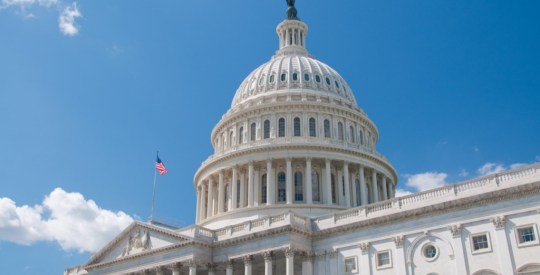Conservative estimates certainly came in handy for Royal Bank of Scotland’s (RBS) CEO Sir Fred Goodwin on Friday, with the bank reporting a whopping 5.9 billion pounds ($11.4 billion) in credit market write downs; the bank’s six-month loss of 802 million pounds ($1.5 billion) was well off earnings of 3.6 billion pounds ($6.9 billion) one year ago, and was the first in its history. But it was in line with RBS’ April estimates, less than analysts had expected, and Sir Fred “the Shred” also managed to suggest that current write downs might be sufficient to get the bank through the year; shares rose slightly during morning trading in London, but were off over 4 percent in pre-market trading on the New York Stock Exchange on Friday. Of the 5.9 billion pounds written down, 3.0 billion ($5.8 billion) came in the form of U.S. residential and commercial MBS as well as ABS CDOs; another 2.1 billion pounds ($4 billion) in write-downs was tied to monoline exposures, RBS said. “We are … anticipating that the credit environment will become more challenging, and are positioning ourselves accordingly,” said RBS’ Sir Fred. The bank boosted its impairment charge (loss provision) during the first half of 2008 by 543 million pounds to 1.48 billion pounds ($2.84 million), bringing total loss reserves to 5.0 billion pounds ($9.6 billion); despite the hike, reserves represent only 56 percent of non-performing loans. The loss coverage ratio suggests that while the bank may or may not be done with write-downs in its investment portfolio, it much more likely faces further provision charges in the back half of this year. Operating profit in the company’s U.S. retail and commercial banking operations fell 42 percent to 368 million pounds ($705 million), as RBS said retail growth slowed during the first half of 2008. Of the bank’s $114 billion U.S. banking portfolio, $45.6 billion is in the form of residential mortgages or home equity loans. RBS will look to further sell assets where it makes sense, the company said, after launching a huge 12.5 billion pound ($24 billion) rights issue earlier this year; RBS wants to see its core Tier 1 ratio, used to gauge capital adequacy, rise over 6 percent before this year is out. All of which underscores the benefit of the doubt being given to a bank that is reporting some pretty massive write downs and losses; for whatever it’s worth, the Financial Times’ Lex isn’t buying all of the cheer. Related links: earnings statement, investor presentation Disclosure: No positions in RBS when story was published; indirect holdings may exist via mutual fund investments. HW reporters and writers follow a strict disclosure policy, the first in the mortgage trade.
RBS Writes Down $11.4 Billion, As U.S. Mortgages Bite
Most Popular Articles
Latest Articles
Mortgage groups gear up to get trigger leads bill passed in 2025
The trigger leads bill has become a 2025 priority for the mortgage industry after failing to pass the House of Representatives last week, despite Senate approval.
-
CFPB sues Rocket, The Jason Mitchell Group over RESPA violations
-
The homebuilders’ 2025 supply and demand problem
-
Mortgage groups push FHA for loss mitigation extension
-
What it’s like connecting reverse mortgage professionals with forward lending partners
-
Rocket’s counterpunch: Calling Out HUD and the DOJ





